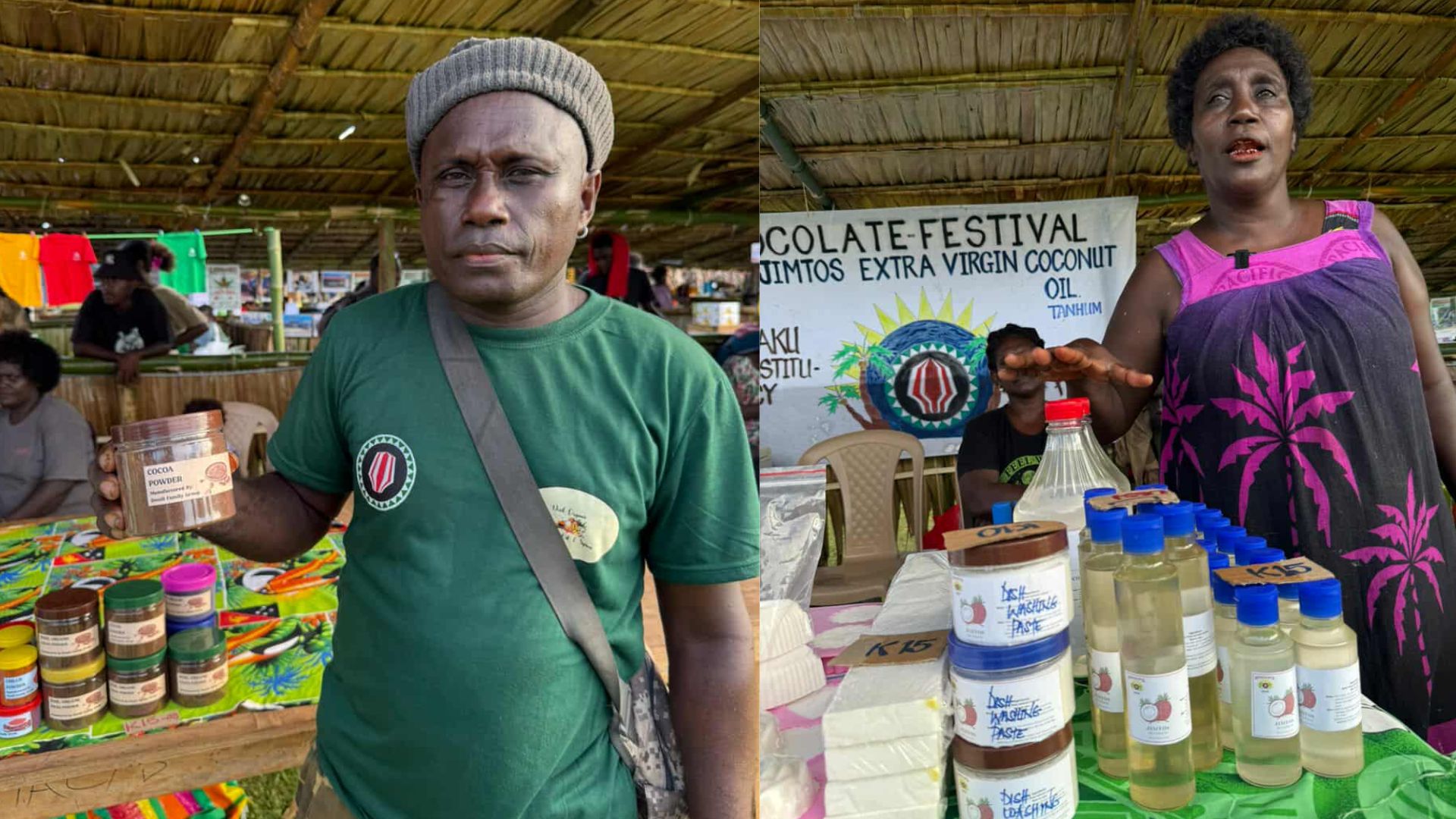- It is declared that the Private Business Committee's decision of 27 November 2024 to reject a motion of no confidence in the Prime Minister was unconstitutional for being in breach of Section 111 (right to introduce bills etc.) of the Constitution.
- It is declared that the Parliament's resolution of 12 September 2024 to reject a motion of no confidence in the Prime Minister did not perforce of Sections 50(1)(e), 111(1), 142(5) and 145 of the Constitution, restrict the right of members of the Parliament to submit another motion of no confidence in the same Prime Minister.
- It is declared that the decision of the Private Business Committee to not place the motion of no confidence on the notice paper was contrary to the principle of collective responsibility of the executive arm of government to the Parliament under Section 141 of the Constitution.
- It is declared that Section 165 of the Standing Orders, to the extent that it applies to a motion of no confidence, is unconstitutional for being inconsistent with Sections 50(1)(e), 111(1), 142(5) and 145 of the Constitution.
- It is declared that Section 134 (proceedings non-justiciable) of the Constitution does not limit the Supreme Court's jurisdiction to declare the decision of the Private Business Committee unconstitutional.
- It is declared that the question of whether Section 165 of the Standing Orders is unconstitutional is justiciable.
- It is declared that the decision of the Private Business Committee to reject the motion of no confidence of 27 November 2024 is invalid, inconsistent or ineffective pursuant to Section 11(1) of the Constitution.
- It is ordered that the Speaker of the National Parliament shall take all steps necessary to recall the Parliament to meet on 8 April 2025 and to facilitate debate of the motion of no confidence of 27 November 2024.
- It is ordered that the Private Business Committee shall deliver the motion of no confidence of 27 November 2024 to the Clerk of the Parliament, who shall list it on the notice paper forthwith.
NEWS
SUPREME COURT RULES AGAINST PARLIAMENT DECISION ON VONC MOTION
![]() By Katrina ANGELI |
March 31, 2025
By Katrina ANGELI |
March 31, 2025

Related News
LATEST NEWS





